1. Network (1976)
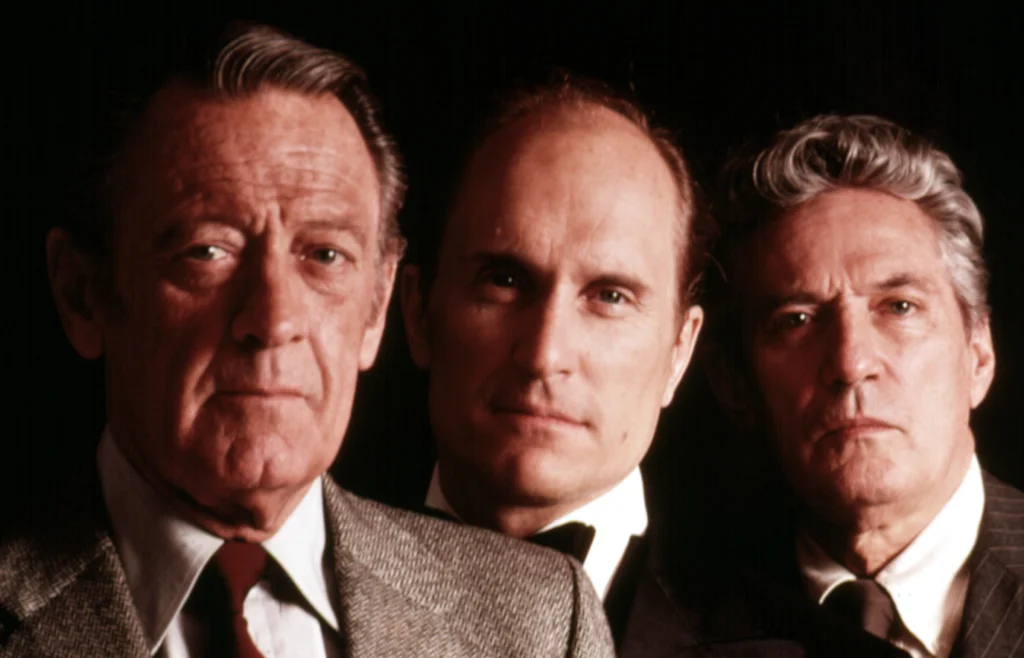
This movie looked at television and said, “What if this gets totally unhinged?”—and then nailed it. The story of a news anchor who loses his grip and becomes a ratings-boosting spectacle felt dramatic back then, but now? It reads like prophecy. “I’m mad as hell, and I’m not going to take this anymore!” isn’t just iconic—it feels like the rally cry of modern media fatigue. It showed how corporations manipulate public sentiment, and how television could shift from informing to entertaining in the most chaotic way. What was satire in ’76 now feels like the baseline.
It’s unsettling how spot-on Network was about reality TV, rage-baiting, and spectacle-driven news. The movie didn’t just predict media trends—it dissected them before they existed. And the fact that it’s still quoted today by people frustrated with the system speaks volumes. You watch it now and wonder if the writers had access to a time machine.
2. A Boy and His Dog (1975)

Okay, so the idea of a post-apocalyptic wasteland isn’t new—but this film took it to a completely weird and satirical level. The premise: a young man and his telepathic dog scavenge for food and companionship in a ruined future. Yes, you read that right—a telepathic dog. It’s part sci-fi, part pitch-black comedy, and totally bonkers. But underneath the oddball concept is a biting commentary on society, gender roles, and survival.
It’s uncomfortable and subversive in ways that weren’t common in mainstream ’70s cinema. The movie questions morality, power, and the cost of rebuilding society from the ashes. Not everything lands perfectly, but it’s brave and bold in ways you just didn’t see back then. It’s definitely not a feel-good film—but it stuck its neck out, and that makes it ahead of its time.
3. The Parallax View (1974)
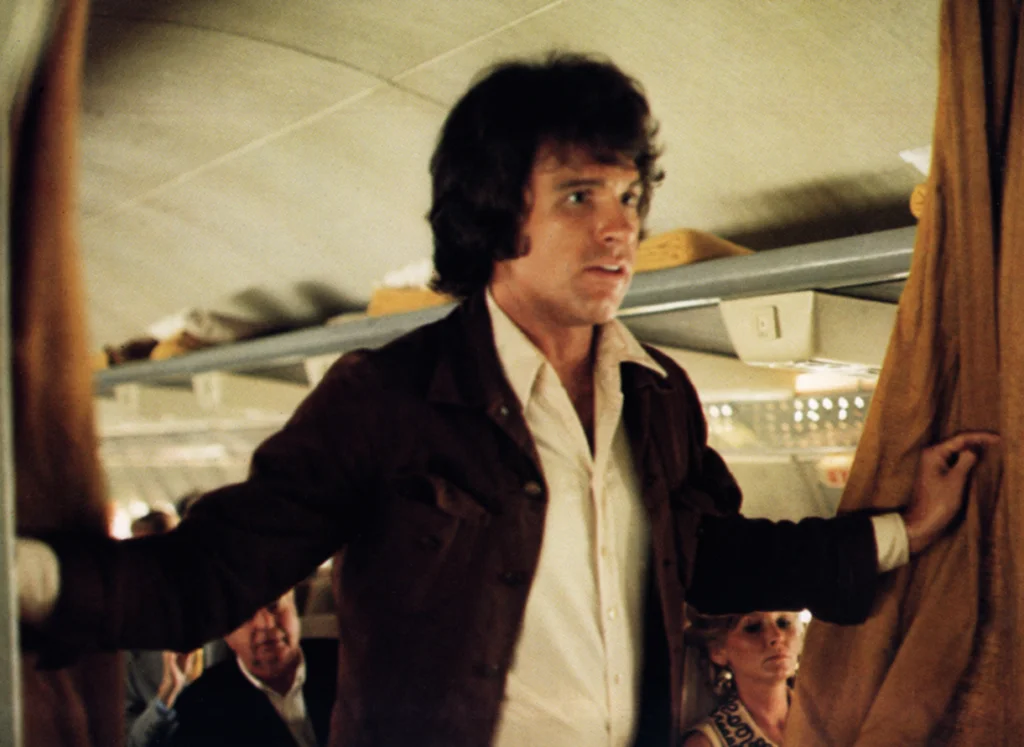
If paranoia were a genre, this movie would be its crown jewel. It dives into conspiracy theories, surveillance, and political assassinations like it’s predicting the rise of institutional mistrust. The story follows a journalist uncovering a shadowy corporation manipulating events behind the scenes. There’s no flashy tech or espionage gadgets—just an ominous tone and a creeping sense of dread. It felt far-fetched then, but now it hits way closer to home.
This film was doing the “deep state thriller” decades before it was trendy. It explores how truth can be distorted and individuals erased without anyone blinking. In today’s world of misinformation and covert influence campaigns, The Parallax View feels weirdly current. It’s stylish, brooding, and makes you question everything—which was kind of radical in ’74.
4. Soylent Green (1973)
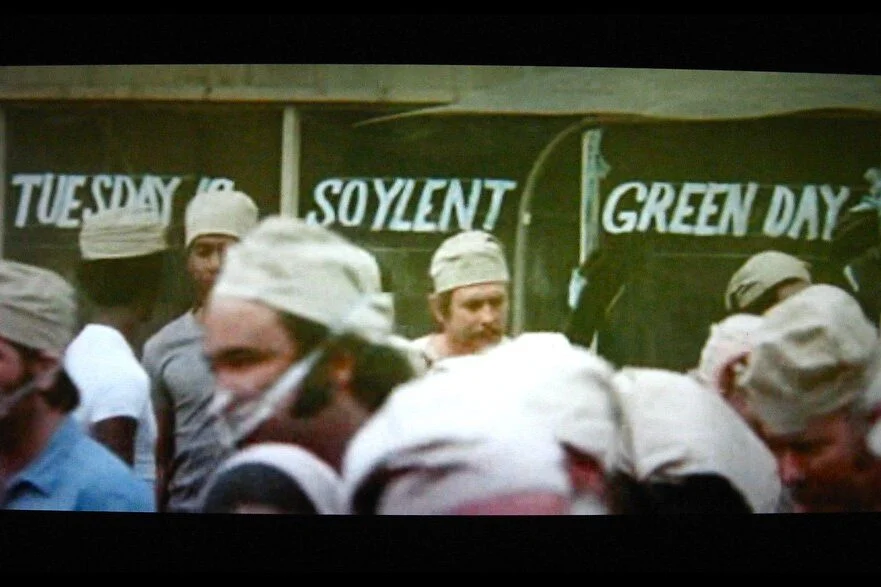
Yes, we all know the line—“Soylent Green is people!”—but the movie has layers beyond that shocking twist. Set in an overpopulated, polluted future, it tackled climate change, food scarcity, and class inequality long before those were dinner-table topics. The film imagined a world buckling under its own weight—where the rich hoard, the poor scramble, and the planet wheezes. In retrospect, it’s distressingly accurate.
Back then, it was filed under “dystopian sci-fi,” but today it reads like an environmental warning we ignored. It wasn’t subtle, and that worked in its favor. You can see echoes of Soylent Green in everything from eco-horror to sustainability debates. It’s the kind of movie that shocks you with its ending, sure—but it sticks with you because of the questions it dares to ask.
5. The Man Who Fell to Earth (1976)
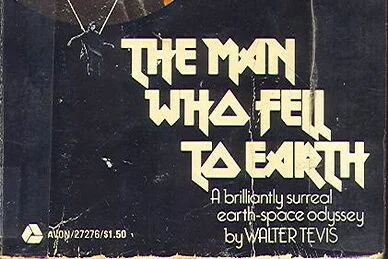
David Bowie playing an alien who comes to Earth and gets corrupted by capitalism? That’s not just casting perfection—it’s metaphor stacked on metaphor. The film uses sci-fi to examine addiction, consumerism, and how technology can warp identity. It’s visually surreal, emotionally tragic, and deeply philosophical. The alien arrives with noble intentions, only to be undone by greed and distraction.
It didn’t spoon-feed any answers, which made it feel more like arthouse cinema than blockbuster sci-fi. A lot of people didn’t know what to make of it then—but watching it now, it feels eerily familiar. The idea of losing yourself to screens, vices, and corporate systems hits hard today. Bowie’s haunting performance only adds to the film’s ahead-of-its-time aura.
6. THX 1138 (1971)
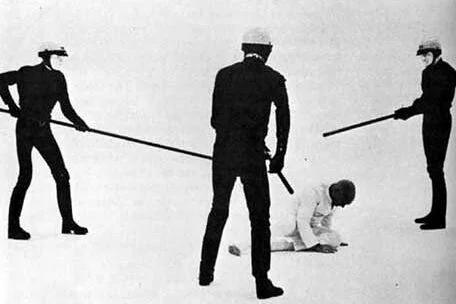
Before Star Wars launched him into the stratosphere, George Lucas gave us this eerie, minimalist sci-fi debut. Set in a sterile future where emotions are chemically suppressed and individuality is outlawed, THX 1138 is cold, quiet, and terrifying. The government monitors everything, people move like cogs, and love is literally illegal. That oppressive vibe feels less fictional now, doesn’t it?
It’s a stark warning about surveillance, conformity, and losing yourself in technological systems. And the fact that it was Lucas’s first feature makes it even more impressive. Stylistically, it’s restrained, but thematically, it’s wildly ambitious. It showed us how dystopia isn’t always loud—it can be numb, systematic, and quietly devastating.


